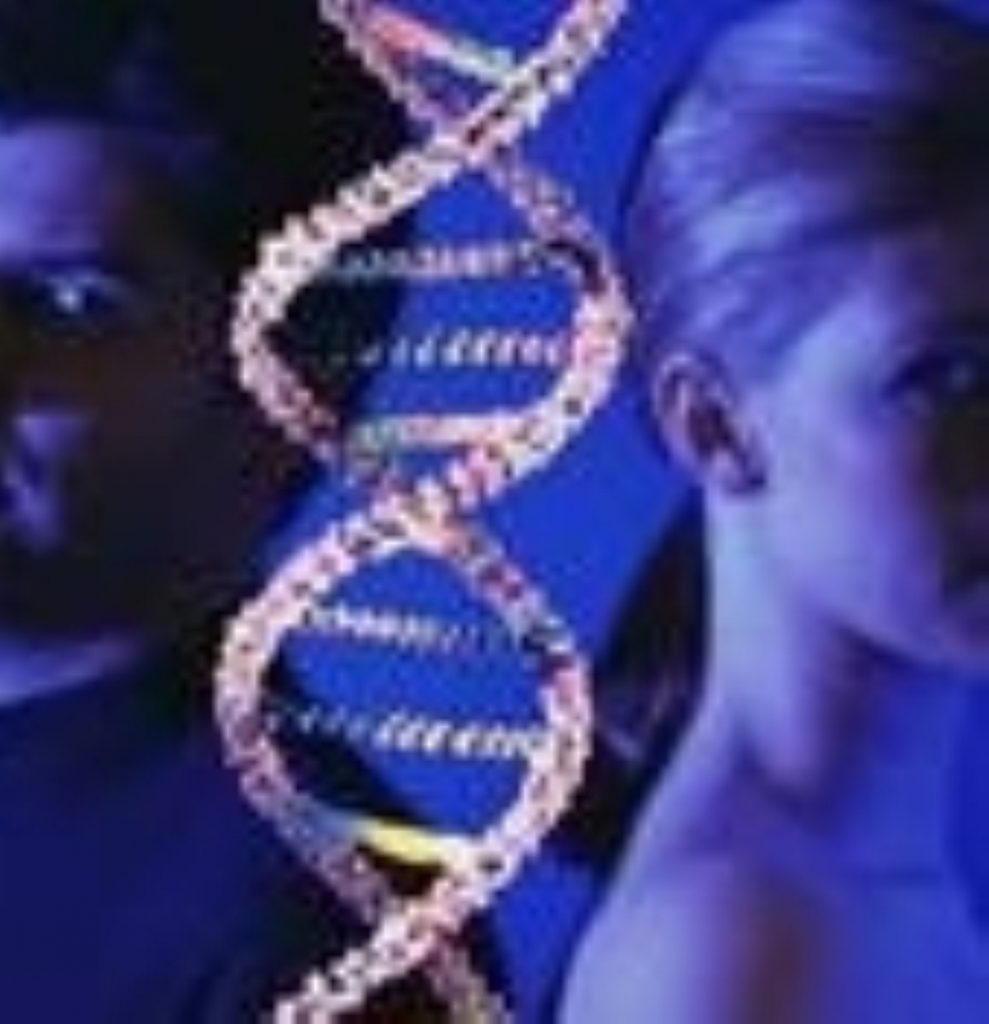Govt on the back foot as scientists replicate DNA
By Ian Dunt
The way Britain undertakes crime scene investigations and the existence of the DNA database have both come under intense scrutiny following the news scientists in Israel have successfully replicated DNA samples.
Tests by Dan Frumkin, lead author of the paper, which was been published online by the journal Forensic Science International, and founder of Tel Aviv company Nucleiz, showed blood and saliva samples containing DNA could be fabricated to contain the DNA of a separate individual to the one who donated the samples.
The findings also mean that biologists with access to a DNA database profile could create a sample of DNA matching that of the person in the database.


The paper opens up several new problems with British plans for a DNA database, and leaves the door open for the end of DNA’s status as the ‘gold standard’ of crime detection.
The Home Office claimed to be unconcerned by the findings.
“Access to the DNA database is restricted to a limited number of designated personnel and regular checks are carried out on the security of the system,” a spokesperson told politics.co.uk.
“DNA evidence is only one piece of the information the courts require for a successful prosecution. No one is ever prosecuted solely on the basis of a DNA match.”
The paper describes how standard molecular biology techniques, like polymerase chain reaction (PCR), molecular cloning, and whole genome amplification (WGA), allows people with fairly rudimentary biological knowledge to synthesise DNA and apply it to surfaces.
“You can just engineer a crime scene,” Mr Frumkin,told the New York Times.
“Any biology undergraduate could perform this.”
Phil Boothe, national coordinator of No2ID, which campaigns against the DNA database, said the findings were further proof of the dangers in the government’s database programme, but warned not to give up on traditional forensic use of DNA, together with chains of evidence and presentation in court.
“This is yet more evidence that underlines the danger of blind reliance on technologies which neither politicians nor officials properly understand,” he told politics.co.uk.
“It is crucial not to undermine the proper forensic use of DNA, which can be a valuable crime-fighting tool, but not if you muddy the water with databases, templates that simply shouldn’t be there and spin rather than science.”
But privacy activists in the US are concerned at the findings, which suggest it would be far easier to add DNA to a crime than a fingerprint, and are calling for a debate around the police’s increasing reliance on the technology to solve crime.
One in three physical samples sent to the Forensic Science Service (FSS) to process comes back with multiple matches on the UK’s DNA database.









